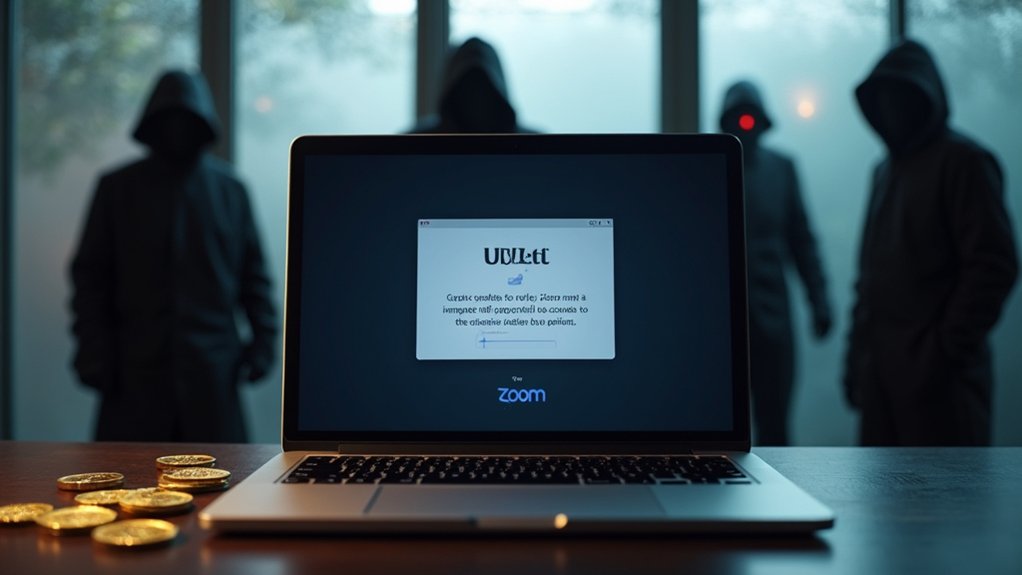Bunni DEX abruptly shuttered its operations this week after hackers drained approximately $8.4 million from its cross-chain liquidity pools, adding yet another cautionary tale to the growing anthology of DeFi security breaches that seem to arrive with the regularity of quarterly earnings reports.
The attack struck across Bunni’s supported networks with surgical precision, extracting $2.3 million from Ethereum and an additional $6 million from Unichain—a distribution that suggests the attackers understood exactly which pools held the most valuable assets. The stolen funds found their way to two Ethereum wallets, presumably controlled by individuals who now possess an intimate understanding of automated market maker vulnerabilities and a substantially improved financial position.
What makes this breach particularly instructive (rather than merely expensive) is the nature of the underlying flaw: a precision bug in Bunni’s liquidity distribution mechanism that caused faulty calculations in LP share allocations. The attackers exploited weaknesses in the platform’s incentive algorithms, manipulating automated liquidity provider rewards through what investigators describe as “unstable rebalancing logic”—a phrase that should perhaps win an award for technical understatement given its $8.4 million consequences.
Bunni’s response followed the now-familiar playbook of modern DeFi crisis management: immediate contract suspension, public announcements via social media, and frantic collaboration with blockchain security firms including CertiK, BlockSec, and Hacken. The platform also launched bounty programs, presumably hoping that white-hat hackers might identify additional vulnerabilities before less philanthropically-minded individuals discover them independently.
The incident carries broader implications beyond Bunni’s immediate financial hemorrhaging. Operating on Uniswap v4’s infrastructure through its “hooks” plugin system, Bunni had positioned itself as a sophisticated yield aggregation protocol—yet prior security audits failed to detect the precision bug that ultimately proved so expensive. The exploit specifically compromised BunniHub, the platform’s central contract system that manages core liquidity operations and user interactions. These hooks features function as customizable plugins that allow modifications to pools, swaps, fees, and liquidity provider positions according to specific protocol requirements. This vulnerability demonstrates how immutable contracts with critical flaws become impossible to patch once deployed on the blockchain.
This oversight raises uncomfortable questions about audit thoroughness in an ecosystem where complex rebalancing algorithms interact with cross-chain mechanics in ways that apparently exceed current security assessment capabilities.
The suspension has predictably undermined liquidity provider confidence while reigniting discussions about DeFi’s structural vulnerabilities, though whether this latest incident will prompt meaningful improvements or simply add another data point to the sector’s expanding loss statistics remains to be determined.







